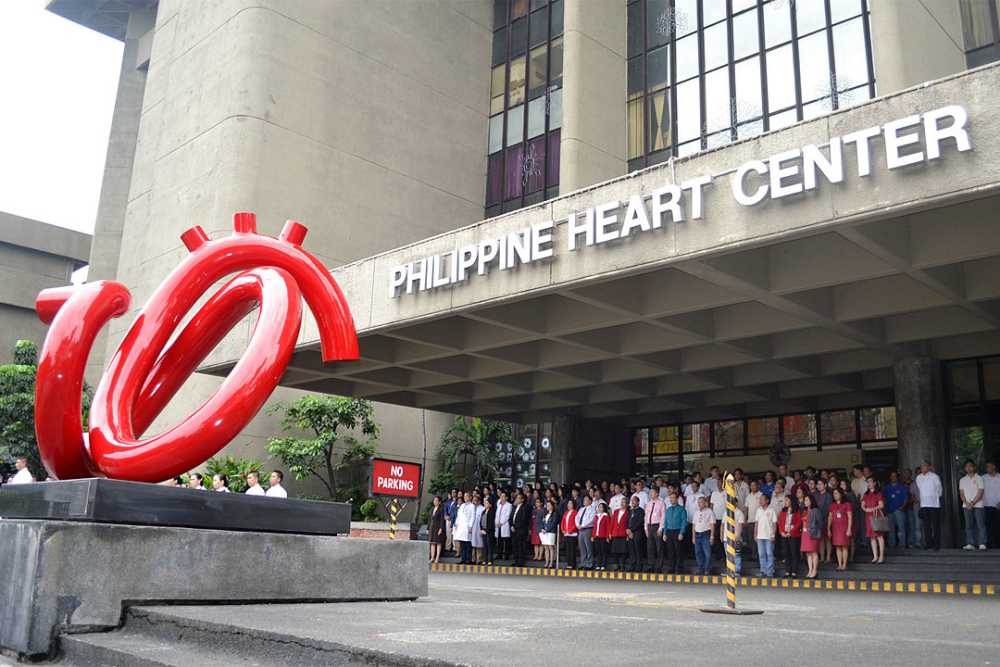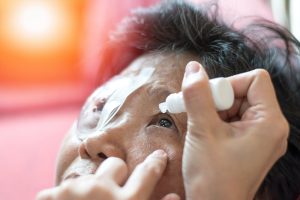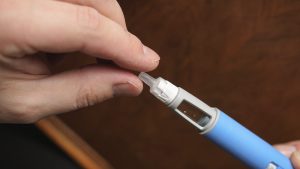President Ferdinand R. Marcos Jr. unveiled ambitious plans to comprehensively expand the country’s healthcare infrastructure in a recent announcement.
The government aims to significantly enhance healthcare accessibility and quality across the diverse landscapes of the Philippines. This will be done by establishing 179 new medical specialty centers by 2028, prioritising regions where medical services are currently underserved. This initiative signifies a bold commitment to addressing longstanding healthcare disparities. Therefore, this ensures that every Filipino can access specialised medical care regardless of geographic location.
Lung Care as a Critical Healthcare Priority
President Marcos made this groundbreaking announcement during the launch of the nation’s inaugural human lung transplant program. This was celebrated at the Lung Center of the Philippines (LCP) and the National Kidney and Transplant Institute (NKTI) in Diliman, Quezon City. With a relentless focus on addressing pressing healthcare needs, President Marcos emphasised the critical importance of expanding lung care services. Seven of the 179 planned specialty centers will be dedicated solely to lung care. This reflects a proactive approach to combatting respiratory diseases affecting Filipinos. This strategic allocation of resources underscores the government’s commitment to preventive healthcare measures and early intervention strategies to improve respiratory health outcomes nationwide.
Legislative Support and Strengthening Existing Healthcare Infrastructure
President Marcos highlighted the instrumental role of Republic Act 11959, also known as the Regional Specialty Centers Act. This RA facilitates the establishment of 131 functional specialty centers nationwide. Furthermore, this has laid the groundwork for developing a robust healthcare ecosystem characterised by collaboration between government agencies, local communities, and healthcare providers. Notably, nine centers specialise in lung care, illustrating a concerted effort to bridge the gap between healthcare disparities in urban and rural communities. Furthermore, initiatives such as the “Doctors to the Barrios Program” demonstrate the government’s commitment to invest in human capital. This is shown by ensuring healthcare professionals have the necessary skills and resources to deliver quality care to underserved populations.
Investing in Human Resources: Strengthening the Healthcare Workforce
Recognising the indispensable role of nurses in the healthcare system, the Commission on Higher Education (CHED) and the Department of Health (DOH) have embarked on an expanded nursing education program. This comprehensive initiative seeks to address the persistent shortage of healthcare workers while fostering a culture of excellence and innovation within nursing. President Marcos commended healthcare workers for their unwavering dedication, particularly amidst the unprecedented challenges posed by the COVID-19 pandemic. Their resilience and steadfast commitment to patient care exemplify the spirit of selflessness and service that defines the healthcare sector.
Infrastructure Rehabilitation and Program Initiatives
In addition, President Marcos pledged to prioritise rehabilitating the NKTI Annex building, which suffered damage in a fire in 1998. This commitment emphasises the government’s resolve to modernise healthcare infrastructure and ensure facilities meet current standards and capacity requirements. The launch of the five-year LCP-NKTI Lung Transplant Program represents a significant milestone in advancing healthcare services in the country. Barriers to lung transplantation include infrastructure limitations, organ donation systems, personnel shortages, and financial constraints. By addressing these barriers, this program aims to improve patient outcomes and enhance the overall quality of care provided by the LCP and NKTI.
Towards a Healthier and More Resilient Future
The government’s ambitious plan to establish 179 additional medical specialty centers by 2028 is a serious commitment. It marks a significant leap forward to achieving universal healthcare and improving healthcare outcomes for all Filipinos. Consequently, with such initiatives, the nation is poised to build a healthier and more resilient future. As the government prioritises healthcare as a fundamental right, it reaffirms its dedication to ensuring the health and well-being of every Filipino citizen, regardless of their circumstances or geographical location.
Photo credit: PHC.GOV.PH












